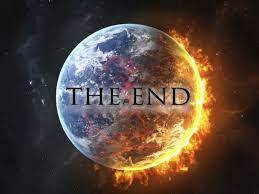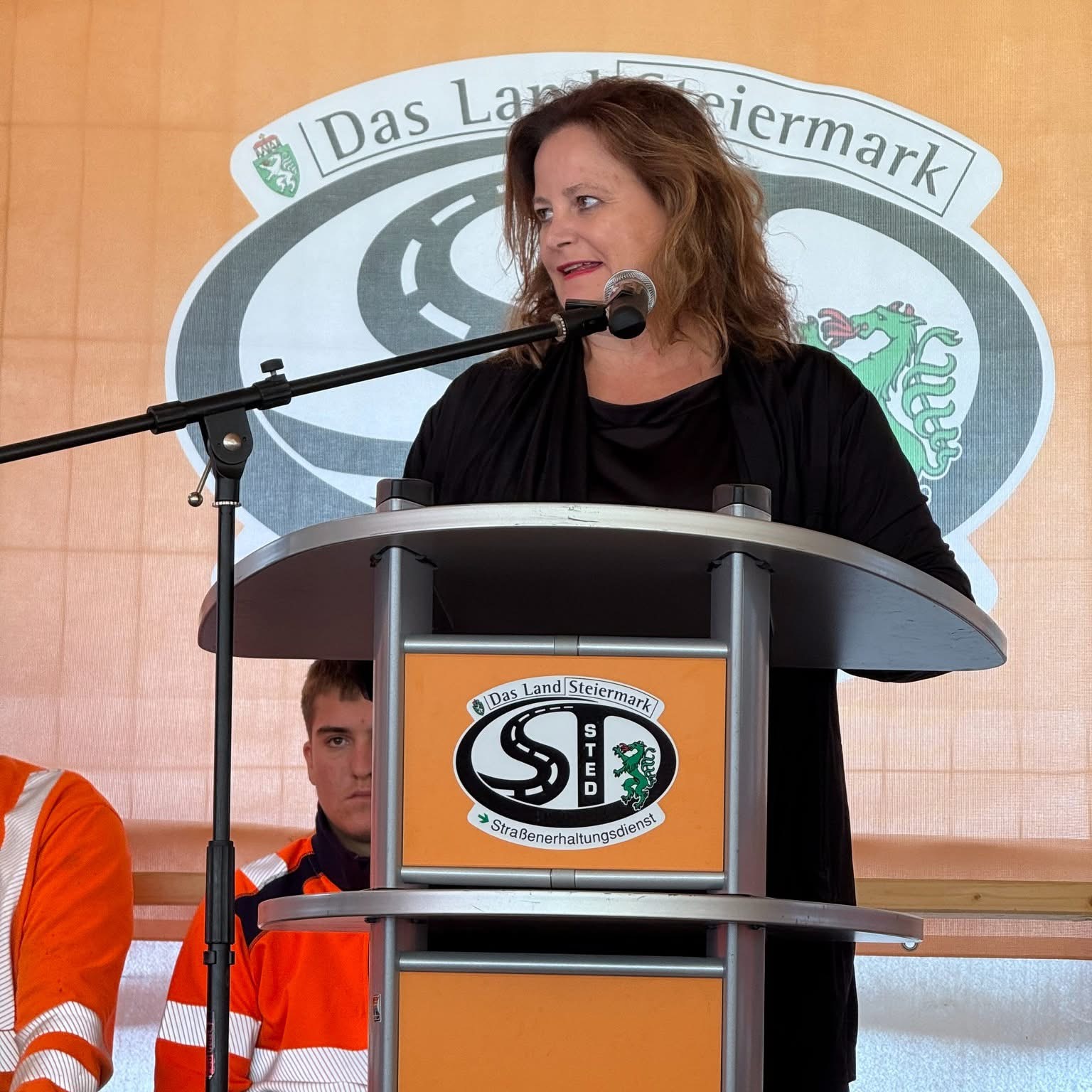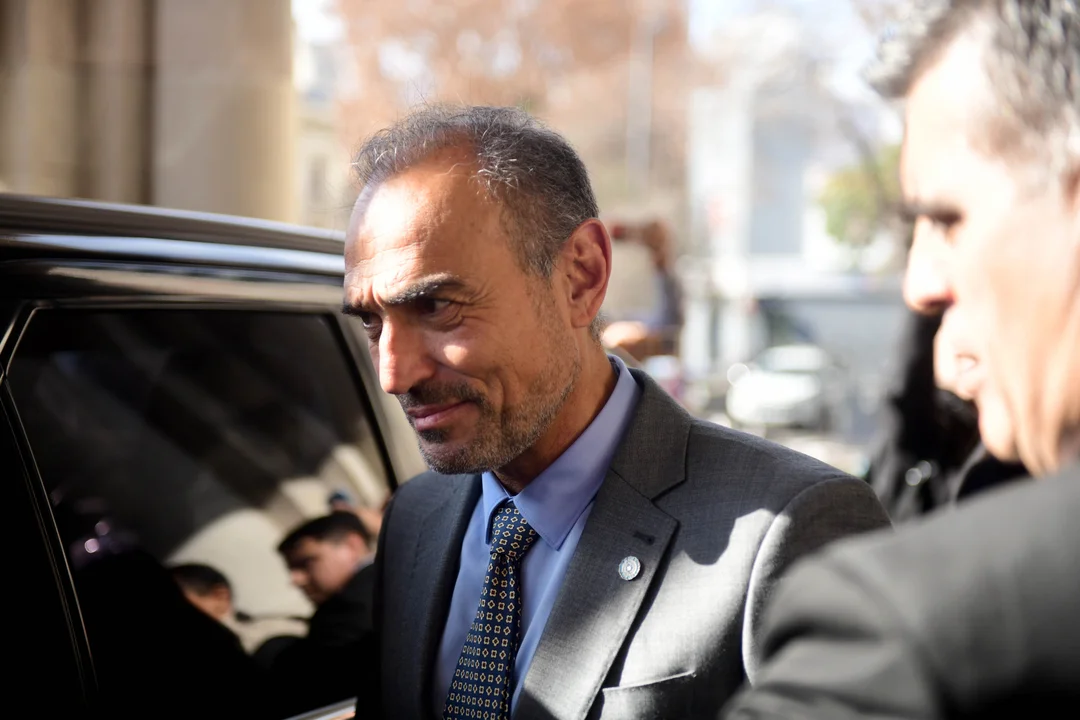
If we take into account the situation that Europe, the Middle East, Eurasia and Oceania are going through today, we could interpret from afar that it is a universal conflict. It is still difficult to understand whether society is really asleep or does not want to be aware of the reality the earth is going through.
If we start with Latin America, or better called Ibero-America, where we also include Spain, we see that in the last 10 years this transatlantic continent is becoming mostly a red political zone. This means that countries tend to tend to vote mostly left-wing social democratic political forces, and that is where countries begin to depend on a top-down state, and where values and cultural and socioeconomic stability begin to decline.
This linkage of ideologies by which Ibero-American citizens’ voting decisions are made also depends 80% on which governmental regime the United States is governed by. Hence, Canada is also beginning to form part of these political ideologies. the situation by which these people choose to vote for these governmental measures, is turned into a life under indoctrination and manipulation both by the parliamentary and executive powers as well as by the massive control of social networks and especially the official media.
This dependence has increased especially in the years 2019 pro pandemic as in the two successive years, where through these shocks experienced by societies, where from one day to the other in March 2020 begin to make manipulated, subjected under a regime of confinement international societies. These two and a half years have been a hell for the world society.
It should be understood that, speaking from an international socio-psychological analysis, societies will never return to the way they were before. Today we are living a global crisis, where the new generations have faced a change of values, an irregularity in university education, where they have lived an isolation and at the same time faced a virtual education, having lost the continuous routine of learning and above all the most important thing in the life of the human being, which is socialization. Today, in 2022, we are faced with an emotionally battered society, being the victim of a worldwide fear, basing its life on uncertainty, and far from the affective feelings as they had been until February 2020.
If we continue analyzing the international geopolitical processes, we can face the current situation in Europe. In the year 2015 how Europe lives a social geopolitical shock, with the great migration of Ukrainian, Syrian, Iraqi citizens who lived in those decades war conflicts. Europe faces in those years with a multi Islamic social migration, in front of a culture totally different from the Christian or Jewish culture that predominates in Europe.
Of course, analyzing the European history we can go back to the years 1991 and 92, when the war of the so-called Yugoslavia is provoked, where suddenly a country is divided into 7 different countries, and where the predominance of these conflicts, not only are a consequence of the disappearance of the Soviet Union, but also based on a religious war. In those years begins the first Balkan migration to countries like Austria, Germany, and Switzerland, which were not used to receive such large numbers of migrants. These Slavic countries were generally considered to be cultures of helpers, farm workers, laborers, who only came to work seasonally. Of course a very unforeseen change for these Anglo-Saxon cultures.
Years later, smaller migrations from countries such as Nigeria, Rwanda or from the African continent began. And at the same time the migrations of Turks and Kurds were increasing.
To be clearer in the explanation, it is very difficult for the old continent to adapt in only 30 years to such an abrupt change of cultural invasion. This shock is caused by different customs of everyday life, religion, the role of women in different areas and above all the educational and language training.
Returning to the current situation in Europe, the two and a half years of the pandemic have also caused massive economic problems, as many companies have closed down and many European citizens have lost their jobs. This means that even today there is even more anger towards migrant cultures, as well as the acceptance of migrants occupying workplaces that, according to the European, belong to them.
Due to this situation, and after having come out of that tragic pandemic, where today the old continent is also facing the emotional crises of the new generations, the great losses of family members, the new educational situations and the coexistence with other behavioral structures, in February 2022 there will be a war between Ukraine and Russia. A geopolitical conflict that provokes again millions of emigrants in a massive situation of economic crisis, and even adding the social and economic instability of the continent.
This explains that, unlike the Ibero-American continent, European cultures are beginning to lean towards different thoughts or political ideologies. We have countries that continue with the social democratic ideology such as Spain and France. But countries such as Austria, Hungary, Serbia, Slovenia, among others, tend today to lean towards the nationalist ultra-right. If we analyze all the processes experienced in recent years, we can interpret that European culture is suffering from a crisis of identity and sovereignty. The factors affecting these geopolitical situations are the European Union, the United Nations, the World Health Organization and NATO. These organizations created by the United States, with the real objective of having control over Europe, provoke today a great conflict in each one of the nations, since they feel invaded in their identity and sovereignty.
In conclusion, we can continue to analyze other continents and find the connection of the current problems that link each of the countries and continents with each other. Where in reality the great problem today at world level is about economic and military power. Today it is the great conflict between the United States, China, Turkey, India and Russia against Europe. And in this we base ourselves, that each of the named countries wants to have its control and footing in the old continent.
If we analyze China, today it has a great conflict also in commercial interaction with Turkey. Here we are talking about two extremely powerful cultures at the international market level. They compete with prices and goods. Both have bilateral treaties with the European Union countries of free trade and in turn produce at very low prices, and the European Union countries cannot compete against those prices. If we go to each 1 of both countries named, we can say that China has the religious conflict between Buddhism and Islam. In Turkey there is the cultural conflict between Kurds and Turks. These are two similarities that these countries have, although the cultures are totally different, what unites them is the ambition to colonize in the long term not only the European countries, but also the new Ibero-American continent.
We could talk about many more cultures, but in conclusion we can see that everything is linked between culture, ambition for power, and commercial ambition.
Of course if we go back to Russia and Ukraine, it is about different conflicts also the fear of losing Russia the total power over the countries that once formed the Soviet Union. The factors of this conflict are multiple and also to analyze in an own analysis in another opportunity.
The only thing left for us as a society to learn is to open our eyes, to analyze well all the processes that each one of the countries of our continent are going through and to find the links why.
The national problems of a country are always highly dependent on the international geopolitical problems, which is why it is extremely important for the Ministry of Foreign Affairs to work in parallel with the Congress and the Executive Power of a country. The sovereign opening of a country to the outside world preserves not only the socio-cultural and educational balance, but also the economic balance of a country.





